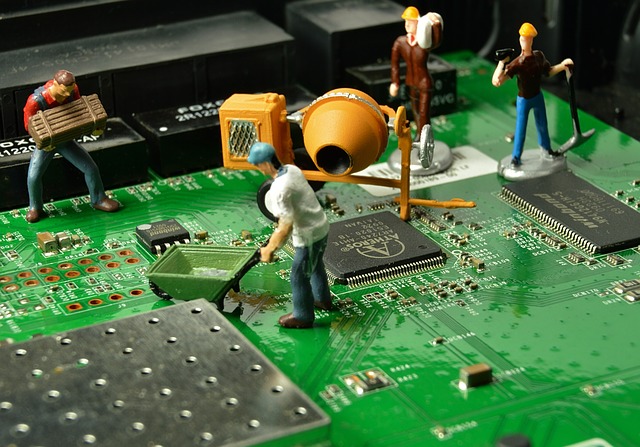Now, at the end of June, most landlords of student properties will already have vacant properties. Within the next few weeks, those who are leaving for summer will have gone. The academic year is at an end. Soon you’ll need to begin getting the property ready for the next tenant(s). While you’re painting the walls, weeding the garden and carrying out other minor repairs, you should be aware of upcoming changes to electrical appliances.

As it Stands
As a property owner of one or more HMOs, you are legally obliged to ensure electrical equipment is safe. You must ensure that all electrical installations within the property are safe at the start of a tenancy, and deal with any problems that arise. Qualified electricians are required to conduct these tests to ensure they are safe and produce a EICR. You must carry out these checks every five years. Landlords of other properties such as flats or houses there is no such obligation other than ensuring safety and working order. There is a growing student body that prefers to rent property as a couple and mature students with children who also seek these living arrangements.
Currently, PAT testing for small electricals is not mandatory although HMO property owners are recommended to do so due to heavy use of such appliances.
The Coming Changes
In 2018, the government announced a raft of new plans set for Parliamentary time in early 2019. Due to other matters, this has not yet gone ahead but developments are expected soon. Quote "as soon as parliamentary time allows". Most laws set an early date for all new tenancies (usually within one year of the announcement) while there is a longer implementation time for existing tenancies (usually 2-3 years).
What are the changes likely to be, if Parliament accepts the government’s proposals?

- All landlords would be subject to mandatory electrical safety inspections every five years, on every property. At present, these laws only apply to HMOs. In future, flats and houses will also become eligible
- Tightening up and creating new regulations on who would be able to carry out these five-yearly examinations. Certificates would be issued by an electrician registered with a safety organisation as happens with gas
- Mandatory regular checks including visual inspections for damage and issues that may make using the appliance unusable. These should be regular but are not yet set in stone and may not be mandatory – regulation based on a recommended “common sense” approach
- Higher penalties for property owners who do not comply with these new regulations as laws are tightened up and landlords subject to clear, defined and enforced regulations